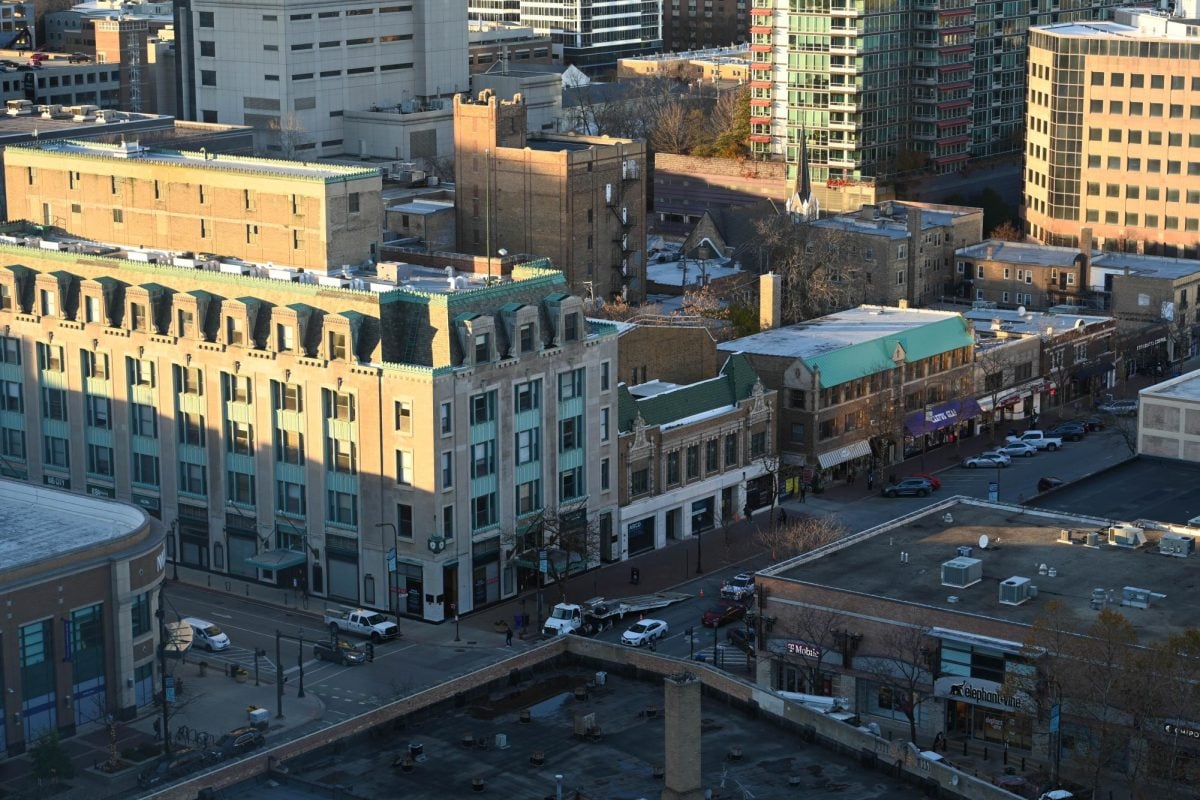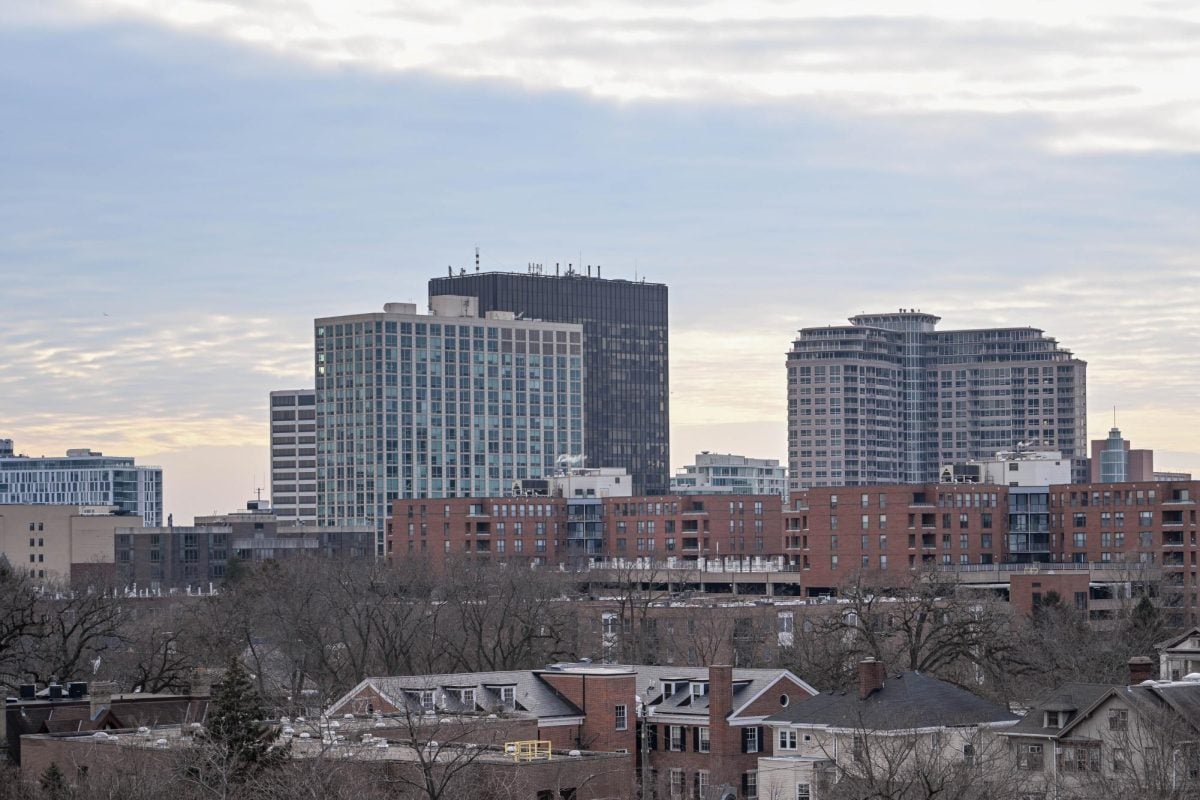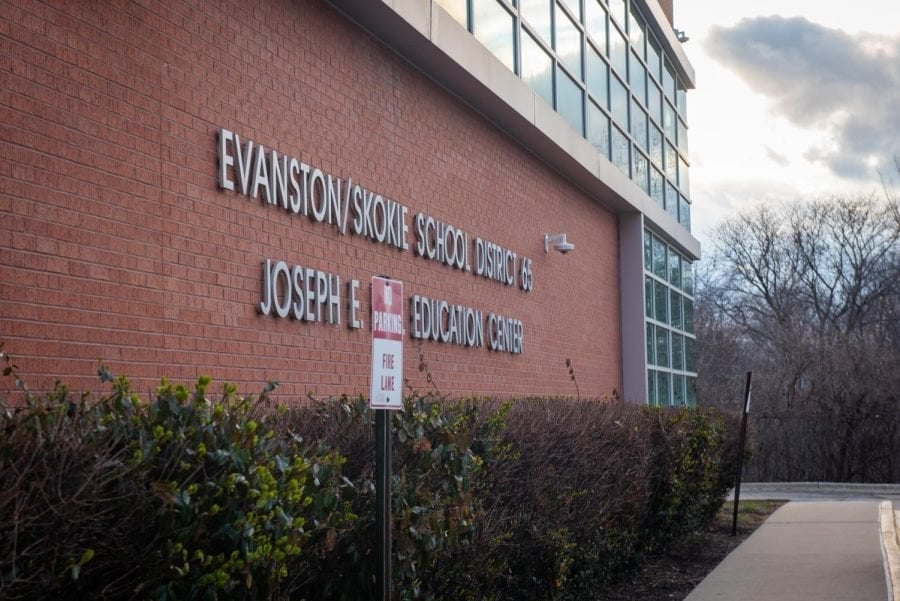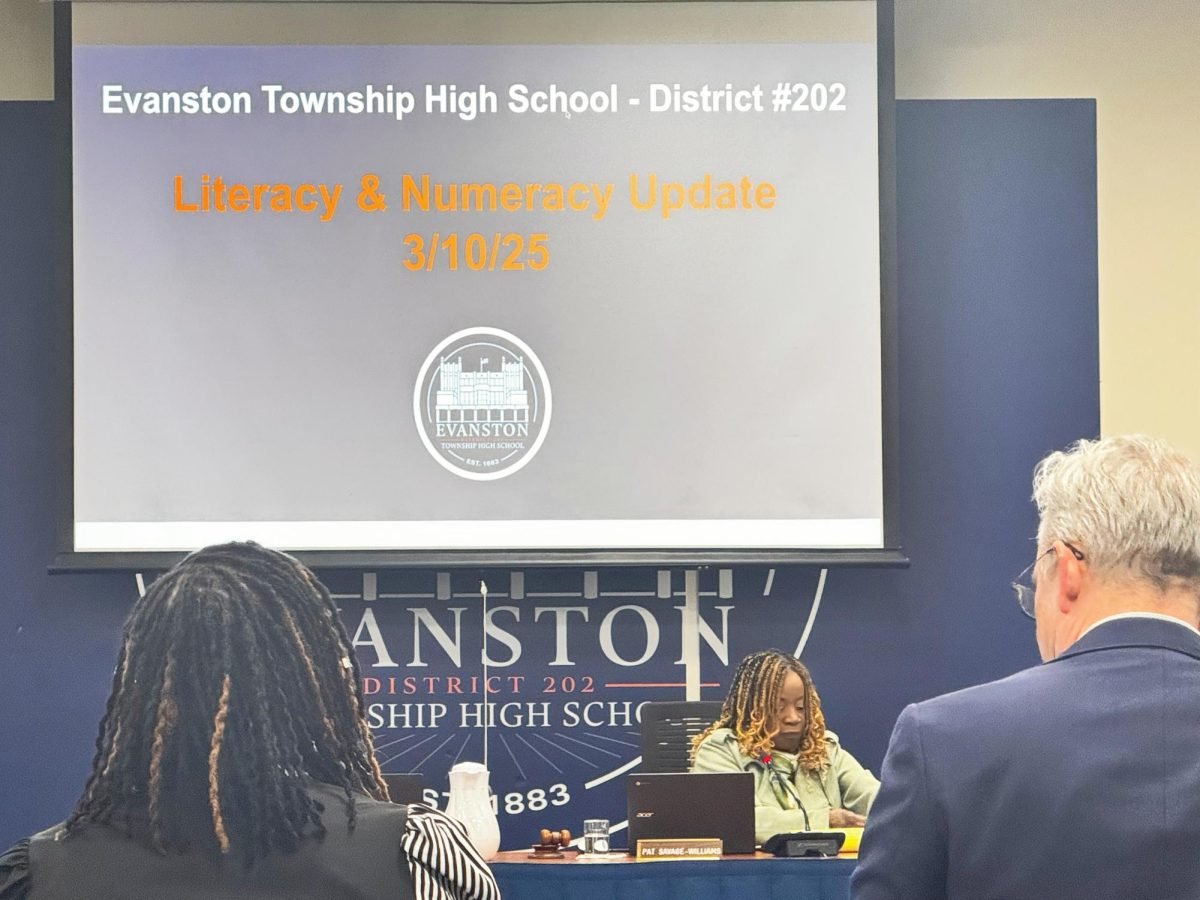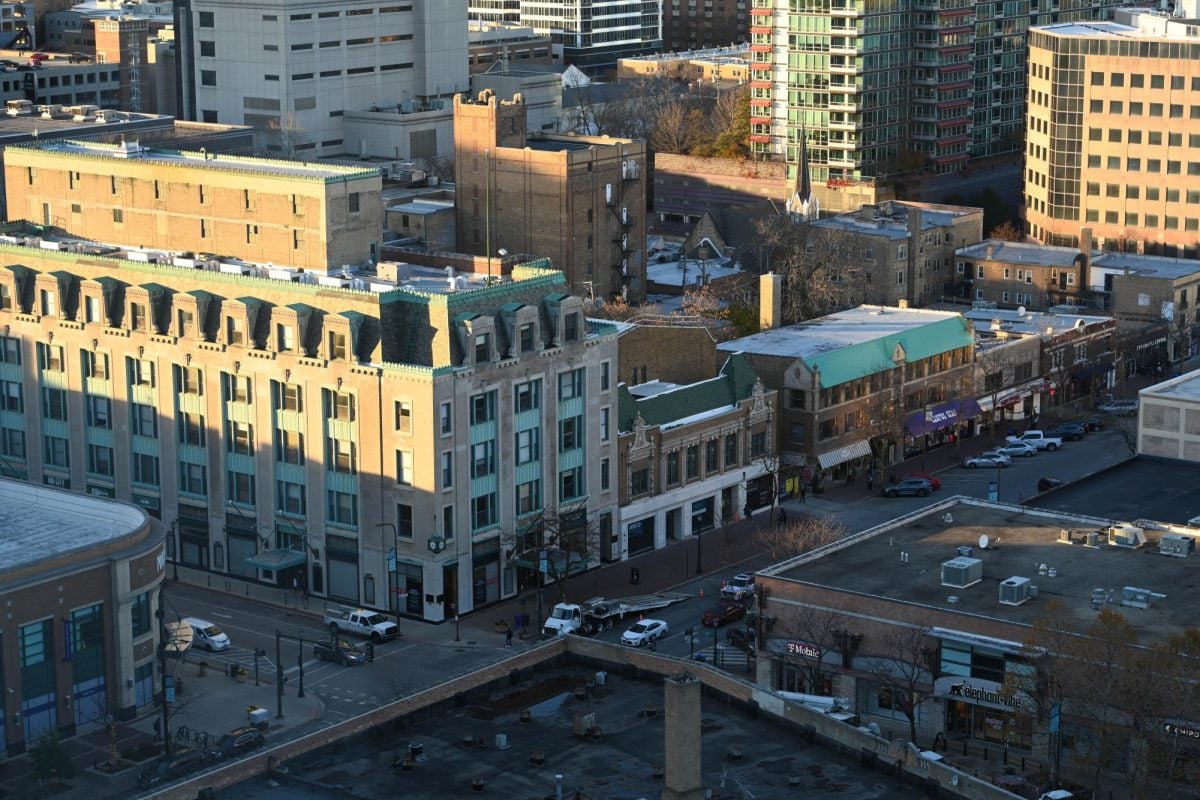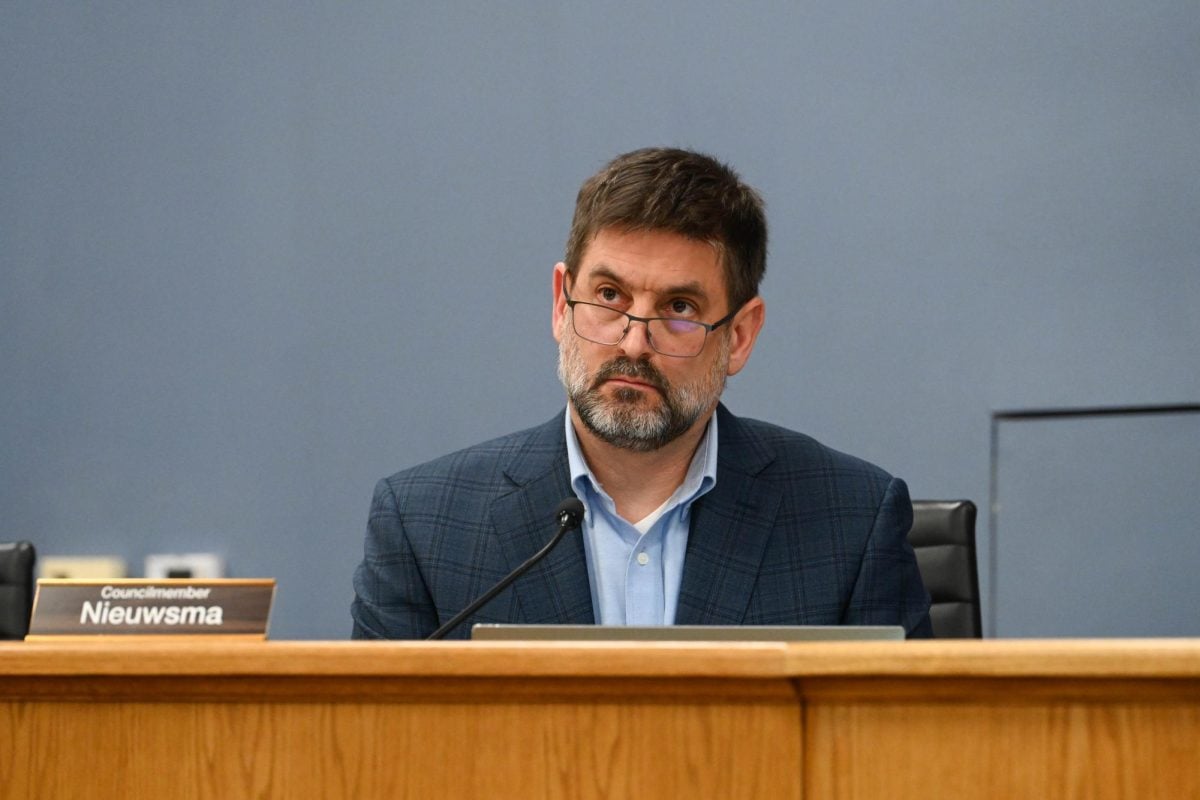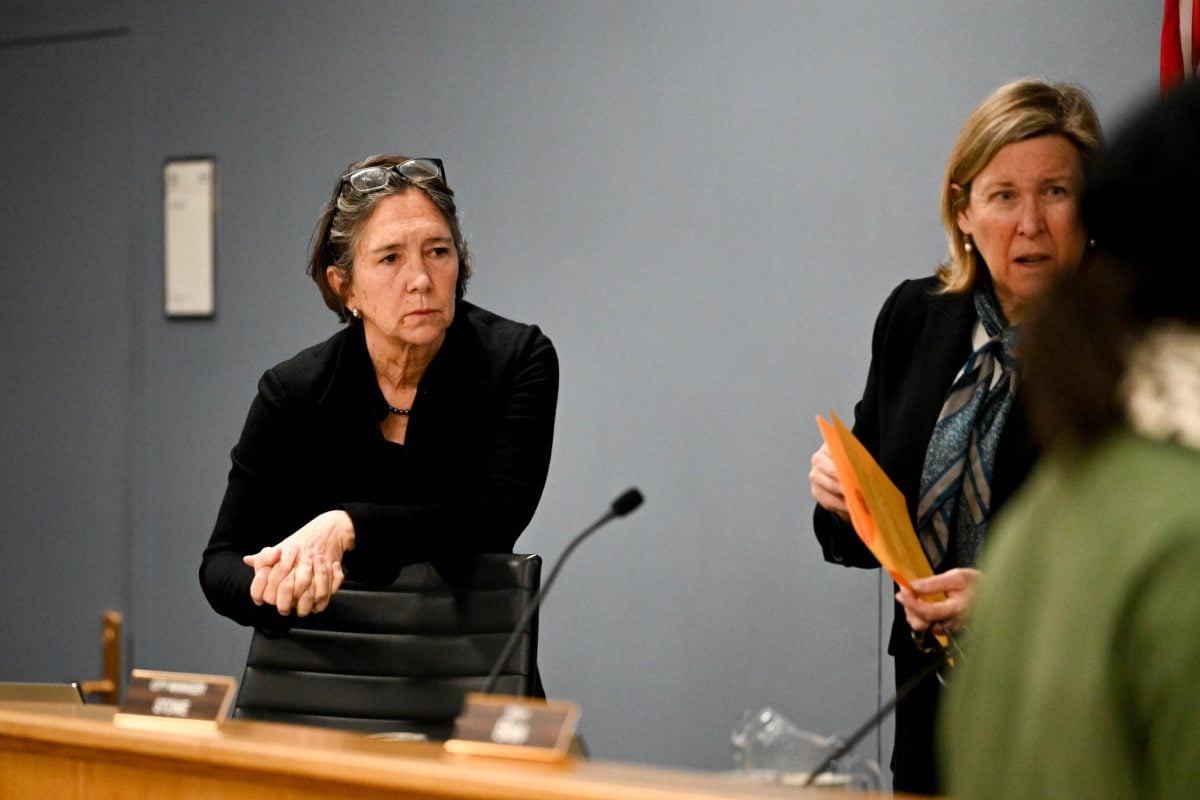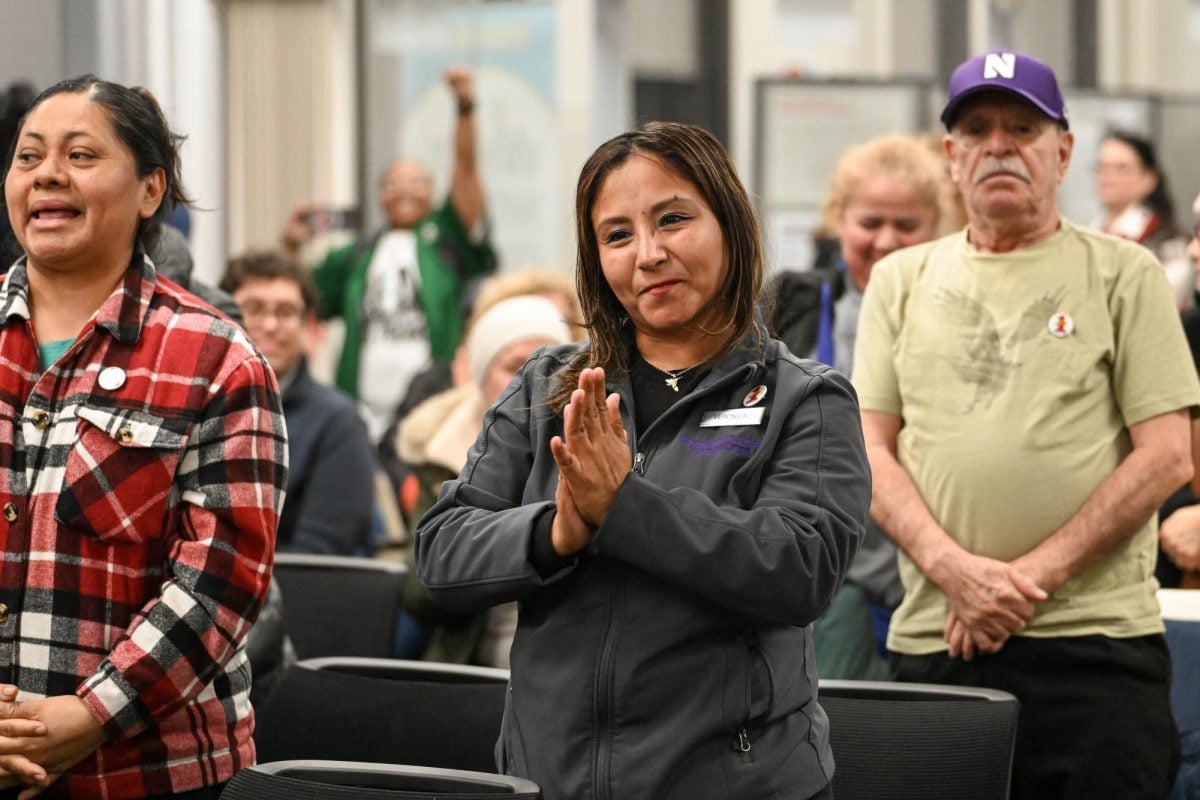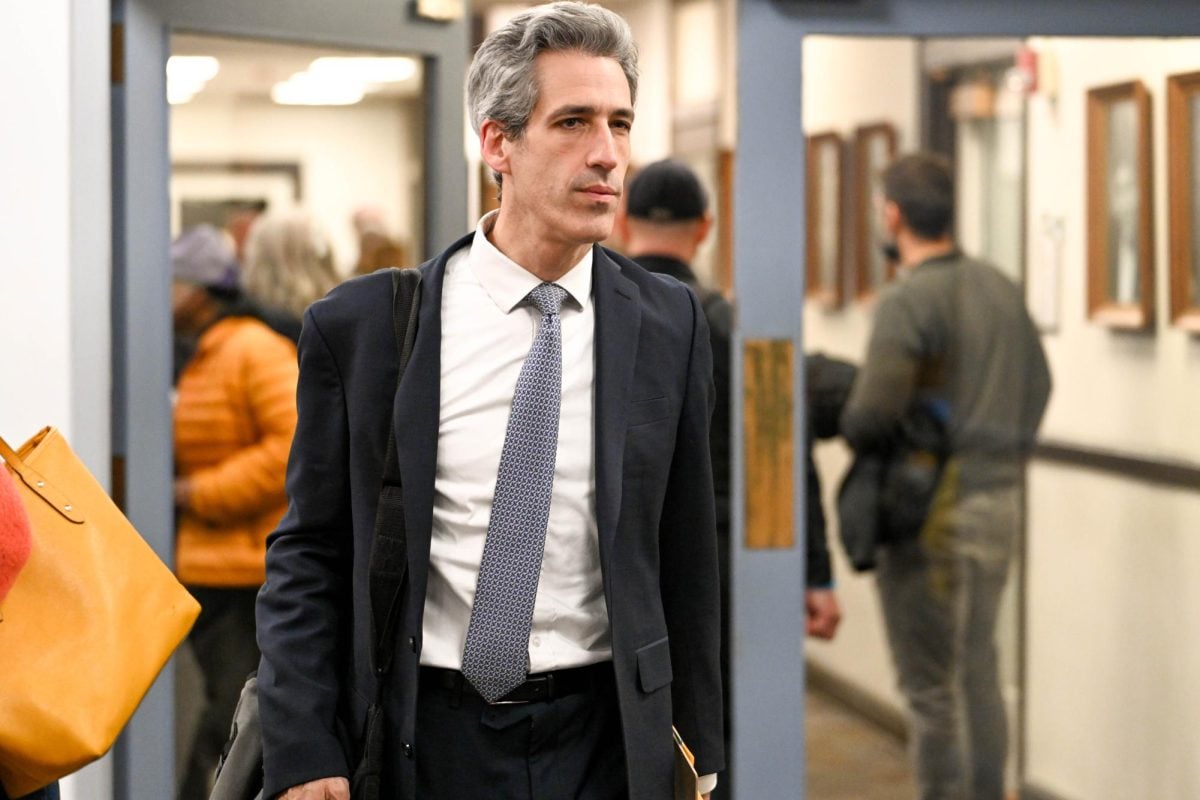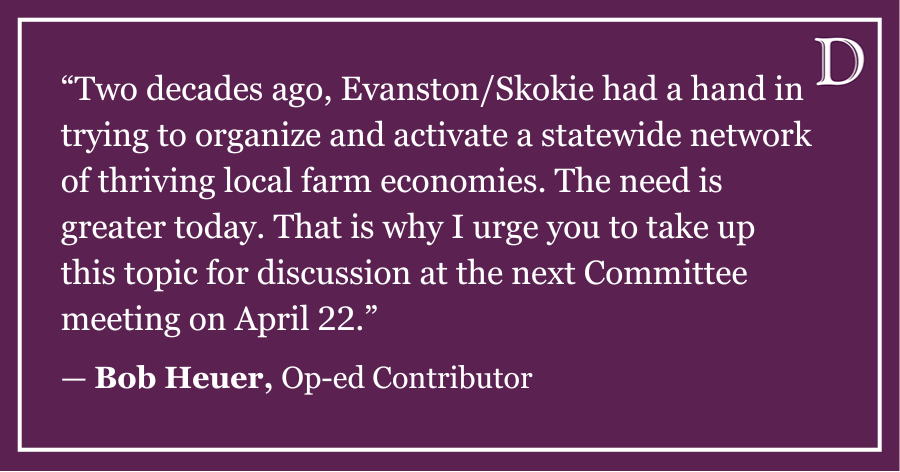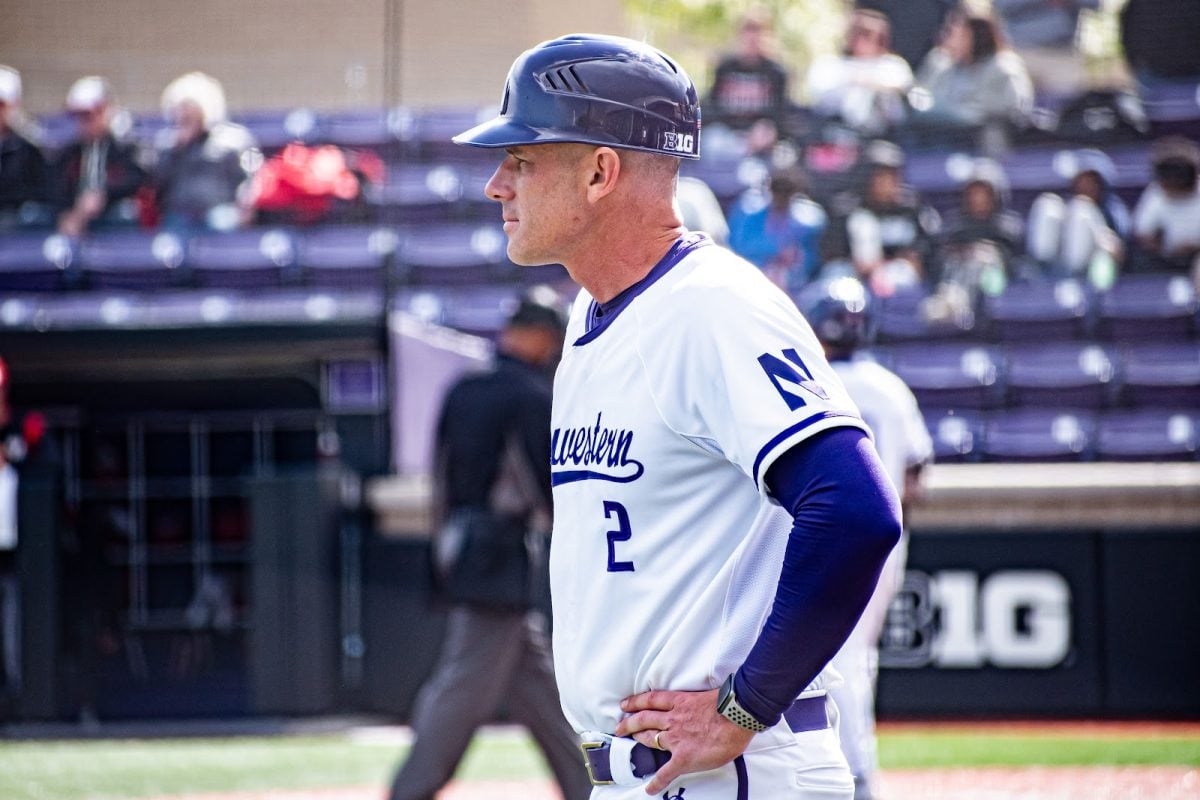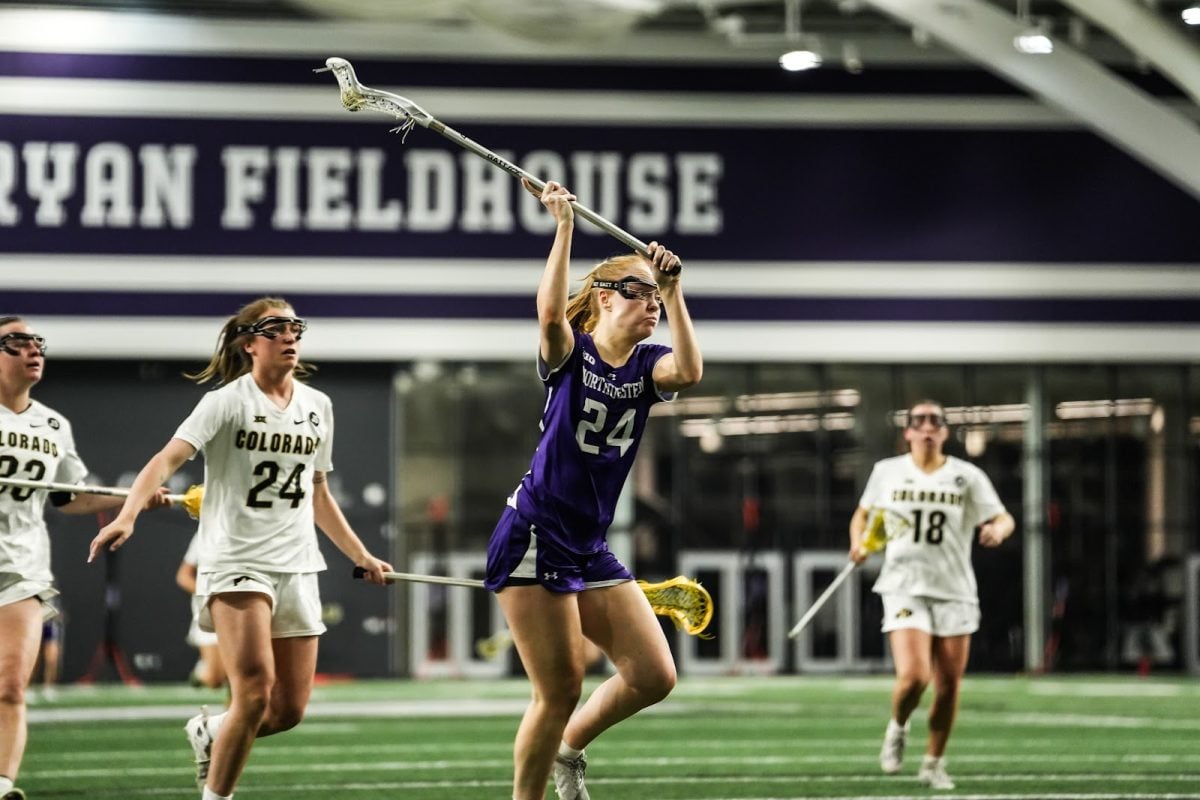When discussions about Evanston’s 2024 budget began last fall, city officials stared down a looming shortfall and monetary challenges they called “sobering.”
Initial plans called not just for utility rate hikes but also a 7.8% increase to the property tax rate. But, after several rounds of input from residents, plus the approval of the Ryan Field rebuild, City Council ultimately approved a leaner budget without any property tax hike in December.
The approved $435 million budget, lowered from the proposed $449 million, still amounts to a nearly $22 million deficit. Here are a few highlights from the package:
No property tax hike
Staring down predictions of massive deficits, the city first proposed a 7.8% property tax hike to mitigate the shortfalls and help finance growing expenses and an expanding capital program in the city. After facing scrutiny from residents calling the hike burdensome for homeowners and local businesses in November, the city nixed the proposal after settling on a leaner budget and finding other revenue sources.
“The council and the city should take a winner’s lap,” resident John Kennedy said at the Dec. 11 meeting. “You’ve held the tax levy down now for three years. That’s moving Evanston a little closer to being affordable for everyone.”
In the weeks leading up to the budget’s unanimous approval, Kennedy said he presented several ideas about reducing expenses to city officials. Other residents also came prepared with ideas and concerns.
“Those types of conversations, especially when it comes to budgets, I always applaud,” said activist and 2021 mayoral candidate Sebastian Nalls this month. “City budgets, municipal budgets, state budgets et cetera are extraordinarily complicated, and it can often be very difficult for the average resident to really understand the various nuances of it.”
Funds from Ryan Field
City Council’s approval of Rebuild Ryan Field, one of its most controversial votes in 2023, gave the city’s budget planners a boost. Greenlighted in November, Northwestern’s project is expected to generate $10 million for the city through construction permit fees, according to the final budget presentation.
NU’s Community Benefits Agreement also includes funding for city programs. The city expects $2.5 million in annual tax revenues, $1 million of which will go toward the Affordable Housing Fund. The city could use the remaining funds for its budgetary needs.
“I don’t want to just spend all of our wonderful stadium revenues,” Ald. Eleanor Revelle (7th) said at the Nov. 27 council meeting. “I think if we can use some of those for the capital improvement program that we’re going to increasingly be trying to fund, that’s a really important thing to have.”
Leaner capital program
The city scaled back its 2024 Capital Improvement Program proposal from $111 million to about $96 million in November, reducing planned infrastructure projects from 134 to 95. The fund includes projects like road and pedestrian improvements.
The city still authorized utility rate hikes, but staff said the general fund could still drop below required levels in 2026.
Email: shungraves2027@u.northwestern.edu
Related Stories:
— City Council approves $435 million budget for 2024, keeps property tax rate unchanged
— Evanston bans flavored tobacco sales, approves utility rate hike
— The Daily Explains: What’s in Evanston’s proposed 2024 budget?

